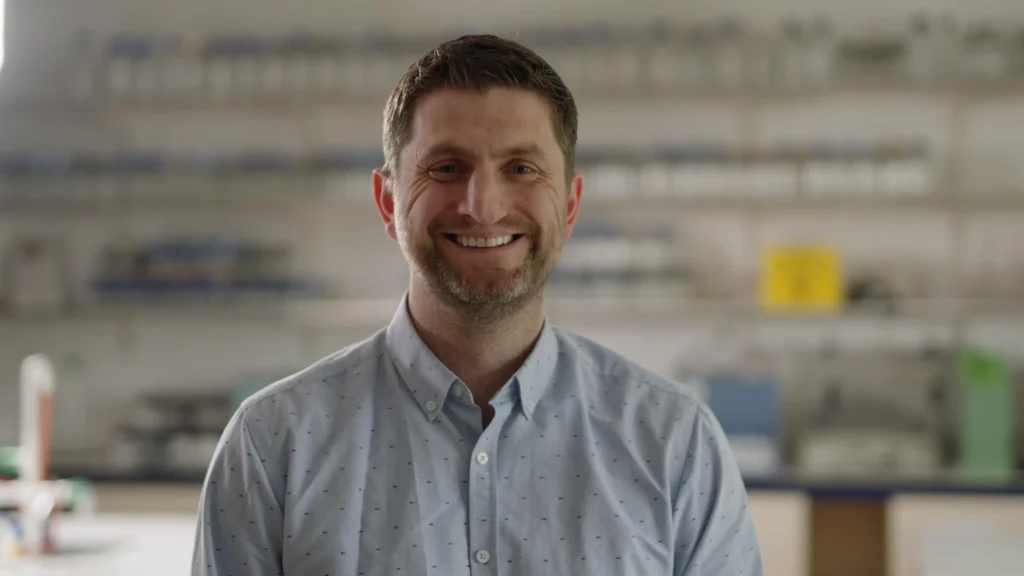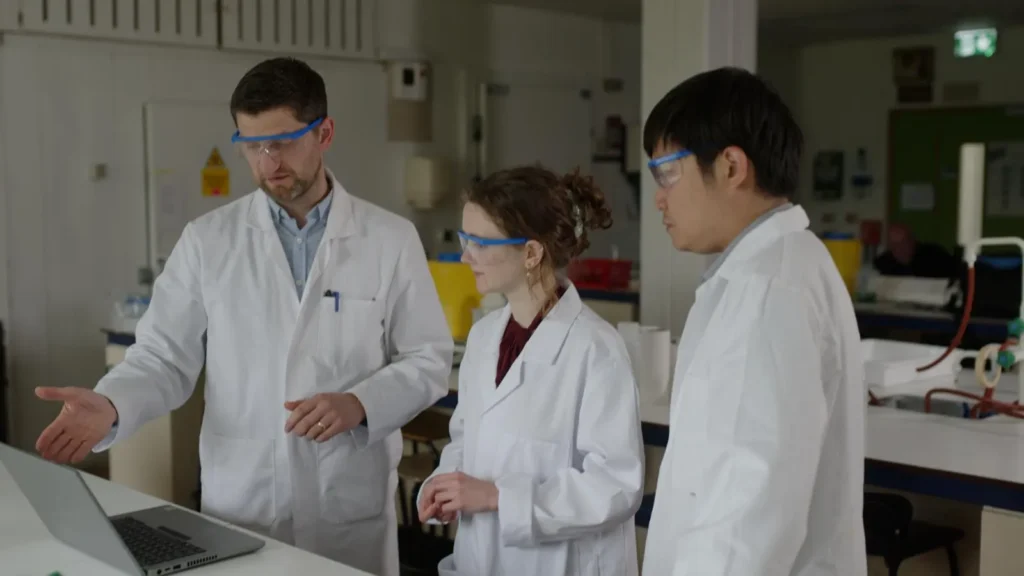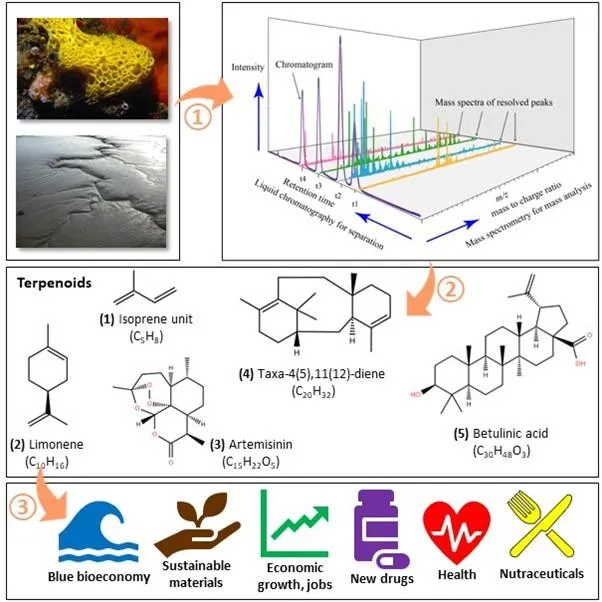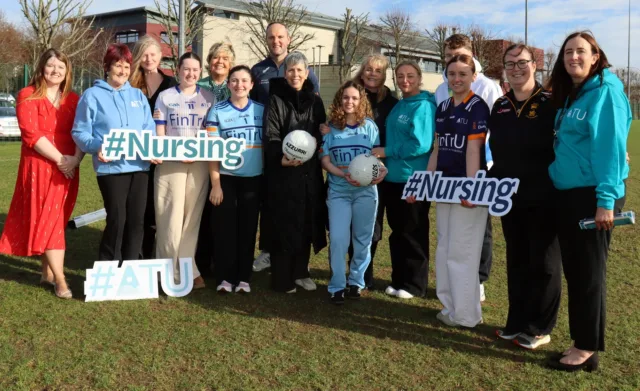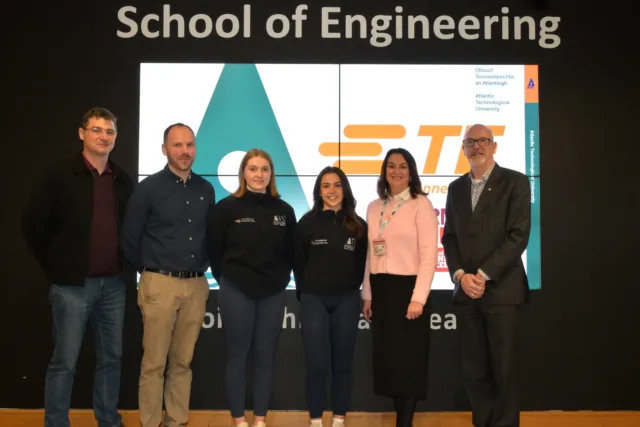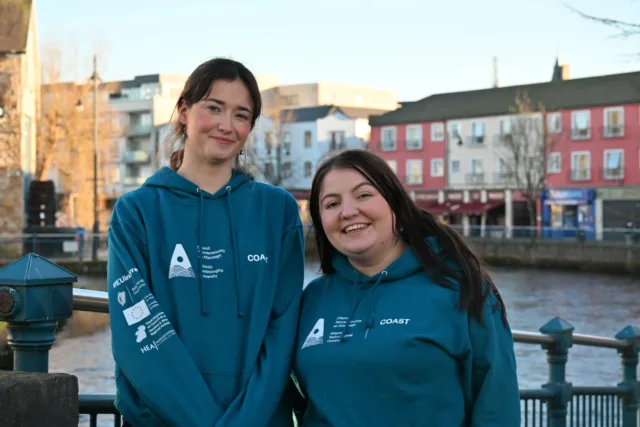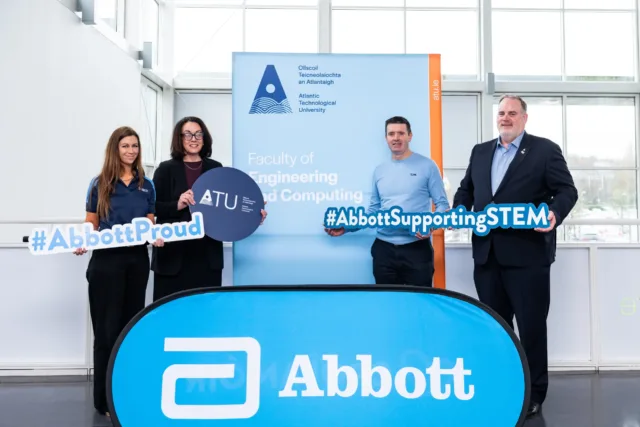Courses
Unlocking nature’s pharmacy: ATU and DCU scientists explore marine microorganisms to promote health and wellbeing
The ProspectTER project, led by Dr Shane O'Reilly, Assistant lecturer in chemistry at ATU, in collaboration with Dr Brian Kelleher from DCU, is looking into the untapped potential of Ireland’s coastal marine environment to improve health and wellbeing.
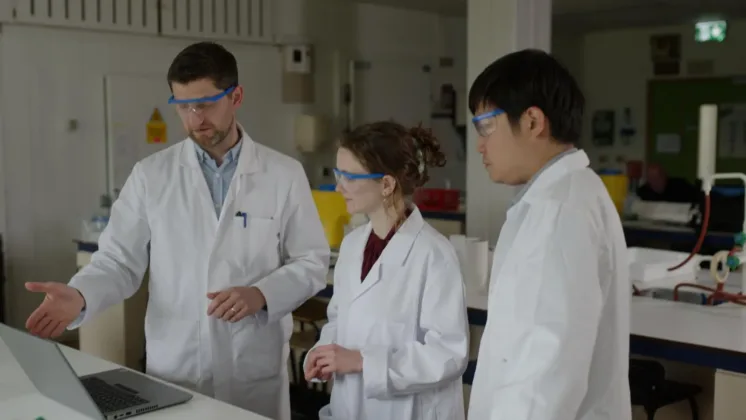
In a world where the need for new and effective drugs is rising, Atlantic Technological University (ATU) and Dublin City University (DCU) scientists offer an innovative approach inspired by nature’s pharmacy.
The ProspectTER project, led by Dr Shane O’Reilly, Assistant lecturer in chemistry at ATU, in collaboration with Dr Brian Kelleher from DCU, is looking into the untapped potential of Ireland’s coastal marine environment to improve health and wellbeing.
This Science Foundation Ireland (SFI) funded project focuses on marine microorganisms, particularly bacteria, and their production of natural products known as terpenoids, the most diverse chemicals found in plants, fungi, and marine organisms. Known for their pharmacological properties, terpenoids have been used in medicine for years. An example of that is Paclitaxel, a chemotherapy medication used to treat several types of cancer, originally derived from the bark of the Pacific yew tree, which contains terpenoid compounds.
With an estimated 1,000,000,000,000 microbial species on Earth, the marine environment presents a vast and unexplored reservoir of chemical diversity that hold immense potential to benefit human health.
“There is a continuous need to discover new, more effective drugs and other sustainable products for improving health and wellbeing,” says ATU’s Shane O’Reilly. “Rather than relying solely on laboratory synthesis, we aim to take inspiration from nature’s microbial laboratory.”
By tapping into microbial metabolic ingenuity, the project seeks to inspire the development of groundbreaking drugs and products.
DCU’s Brian Kelleher emphasises the importance of this endeavor, stating, “Millions of compounds exist on Earth, yet most remain unknown to us. By delving into the complexity of soil and marine environments, we can uncover invaluable resources for innovation.”
Beyond its scientific implications, ProspecTER aligns with broader sustainability goals.
“Pharmaceutical and industrial production have significant environmental costs,” explains O’Reilly. “By exploring marine biodiversity, we not only drive innovation but also contribute to the transition towards a circular economy. The ProspecTER project is poised to create new business opportunities and deepen our understanding of the marine environment. By drawing back the curtain on what microscopic factories are manufacturing on our own marine doorstep, we pave the way for a sustainable future,” O’Reilly notes.
Ivana Hanjs
Digital Communications Officer
Ollscoil Teicneolaíochta an Atlantaigh (OTA), Éire
Atlantic Technological University (ATU), Ireland
Tel: +353 89 963 9559
